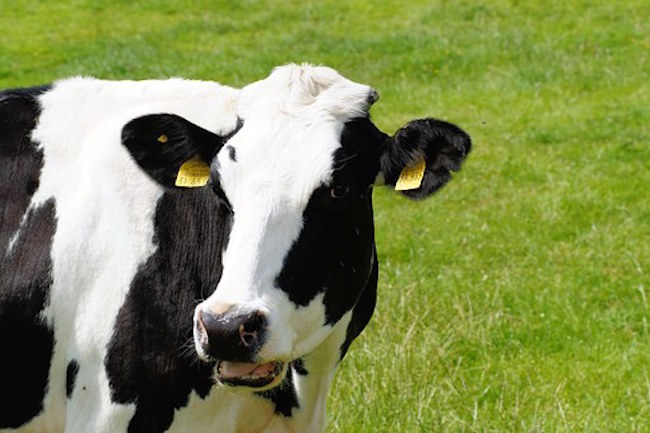Dairy Allergies: Why Do So Many Children Suffer from Them? by for Natural Society
Over the past several decades, children have developed dairy allergies at an ever-increasing rate. These persistent allergies have developed into chronic ear infections, sinus infections, eye infections, and the like. What exactly is so different about today’s dairy products compared to those of yesteryear?
The short answer is that dairy farming itself has changed … in a big way.
Whereas it used to be the simple process of milking a cow who just fed on a whole bunch of natural grass and hay, there is now a whole different system in place. Wherever Big Agra dairy farming is conducted on huge corporate husbandry farms, the dairy cows are treated like machines.
They are drugged with antibiotics and bovine growth hormones, and kept in highly restrictive living environments. Not only are the cows often deprived of necessary movement, they are literally milked to death on some dairy farms.
As for the food that is provided for the cows to eat, it is often sprayed with all sorts of chemical fertilizers, herbicides, fungicides, insecticides, etc. The primary foods are grasses, grains like corn and maize, soybean meal and silage. Virtually all the corn and soybean feed products are acknowledged by the farmers as containing GMOs.
The Vicious Cycle of Growth Hormone and Antibiotics
In order to get the dairy cows to maximum milk production, they are pumped full of bovine growth hormone. They are also given rounds of antibiotics whenever necessary, so they don’t get too sick in their often substandard living conditions.
“In dairy cows, the controversy centers around recombinant bovine growth hormone (rBGH), a synthetic version of a hormone cows produce naturally. (It’s also sometimes called rBST, for recombinant bovine somatotropin.)” [1]
This type of synthetic bovine growth hormone — rBST — has come under increased scrutiny because of the serious side effects it produces in dairy cows. Sold under the brand name “Pilosac,” this injected hormone increases the risk of infections and therefore increases the usage of antibiotics. Consequently, a vicious cycle is set up which leads to antibiotic resistant bacteria, as well as “an increased risk of antimicrobial residues in milk“.




